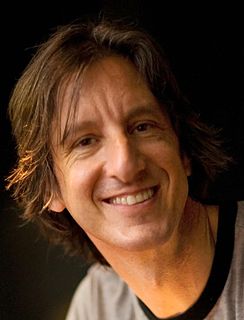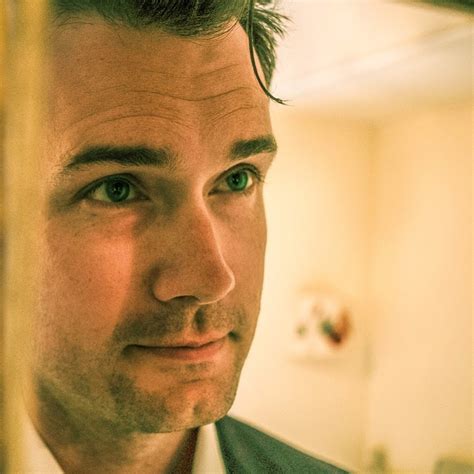A Quote by Mae Jemison
A big part of engaging kids in science is not getting the single, correct answer; it's being willing to work with students to discover the correct answer.
Related Quotes
Common sense … has the very curious property of being more correct retrospectively than prospectively. It seems to me that one of the principal criteria to be applied to successful science is that its results are almost always obvious retrospectively; unfortunately, they seldom are prospectively. Common sense provides a kind of ultimate validation after science has completed its work; it seldom anticipates what science is going to discover.
To be a scientist you have to be willing to live with uncertainty for a long time. Research scientists begin with a question and they take a decade or two to find an answer. Then the answer they get may not even answer the question they thought it would. You have to have a supple enough mind to be open to the possibility that the answer sometimes precedes the question itself.


































